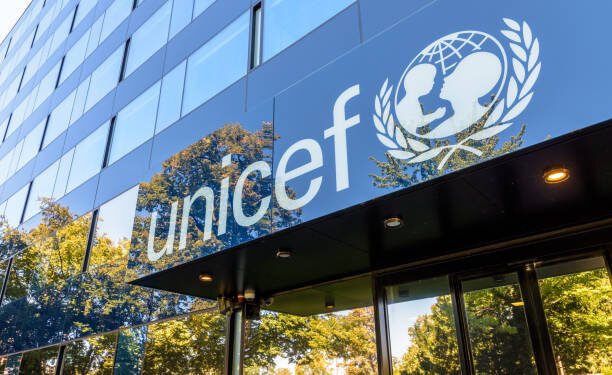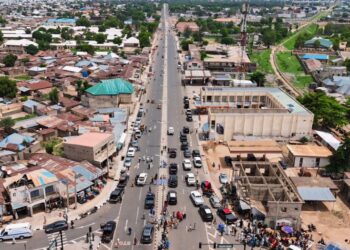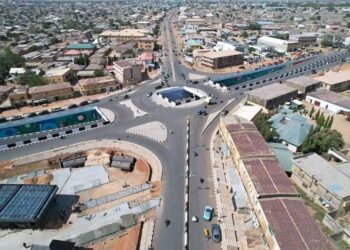The United Nations Children’s Fund (UNICEF) stated that Katsina, Sokoto, and Zamfara states need $15 million to improve the quality of life for their citizens.
This was disclosed by UNICEF Representative in Nigeria, Ms. Christian Munduate, during a news briefing in Gusau on Wednesday.
The announcement followed an interactive session with stakeholders at Gidanwada Model Primary School in Bungudu Local Government Area, where Munduate detailed the socio-economic challenges plaguing the three states.
Ms. Munduate noted that the governors of the three states need to provide matching grants to address the socioeconomic challenges and provide a quality life for their citizens.
Concerns over malnutrition
Ms. Munduate expressed concern over the high prevalence of malnourished children and nursing mothers in the three states, calling for immediate intervention identifying open defecation as a critical health issue, warning that it could reverse progress made in eradicating polio in the region.
She emphasized that Children, mothers, and other Nigerians deserve quality education, healthcare, and nutrition, among other critical needs.
Ms. Munduate said the available record shows that there are at least 5.5 million severe and acutely malnourished children in Northern Nigeria.
She urged the states to collaborate with partners and stakeholders to tackle these challenges, ensuring that children, mothers, and other vulnerable groups receive adequate care and support.
According to her, the prevalence of open defecation in Nigeria, with no fewer than 40 million people practising it, remains a significant contributor to disease outbreaks.
Support to healthcare facilities
Highlighting UNICEF’s ongoing efforts, Ms. Munduate disclosed that the organization, in partnership with the Federal Government and Zamfara State, had supported 50 primary healthcare centres (PHCs).
“All the PHCs are functional. We believe that they can maintain them to serve the people’s needs. We will be around to provide technical support to ensure sustainability,” she said.
Ms. Munduate appealed for stronger partnerships with stakeholders to address the pressing needs of the people in Katsina, Sokoto, and Zamfara states.
What you should know
- The Nigerian Economic Summit Group (NESG) identified inflation and rising food prices as key factors contributing to malnutrition and food insecurity among women and children in Nigeria.
- Dr. Tayo Aduloju, CEO of the Nigerian Economic Summit Group (NESG), stated that evidence shows a direct relationship between multidimensional poverty and gender inequality.
- He pointed out that countries performing poorly on the Global Gender Report also tend to exhibit high levels of severe multidimensional poverty which includes deprivations in key areas such as health (undernutrition, child mortality), education (years of schooling, attendance), and living standards (electricity, sanitation, water, housing, cooking fuel, and asset ownership).




















